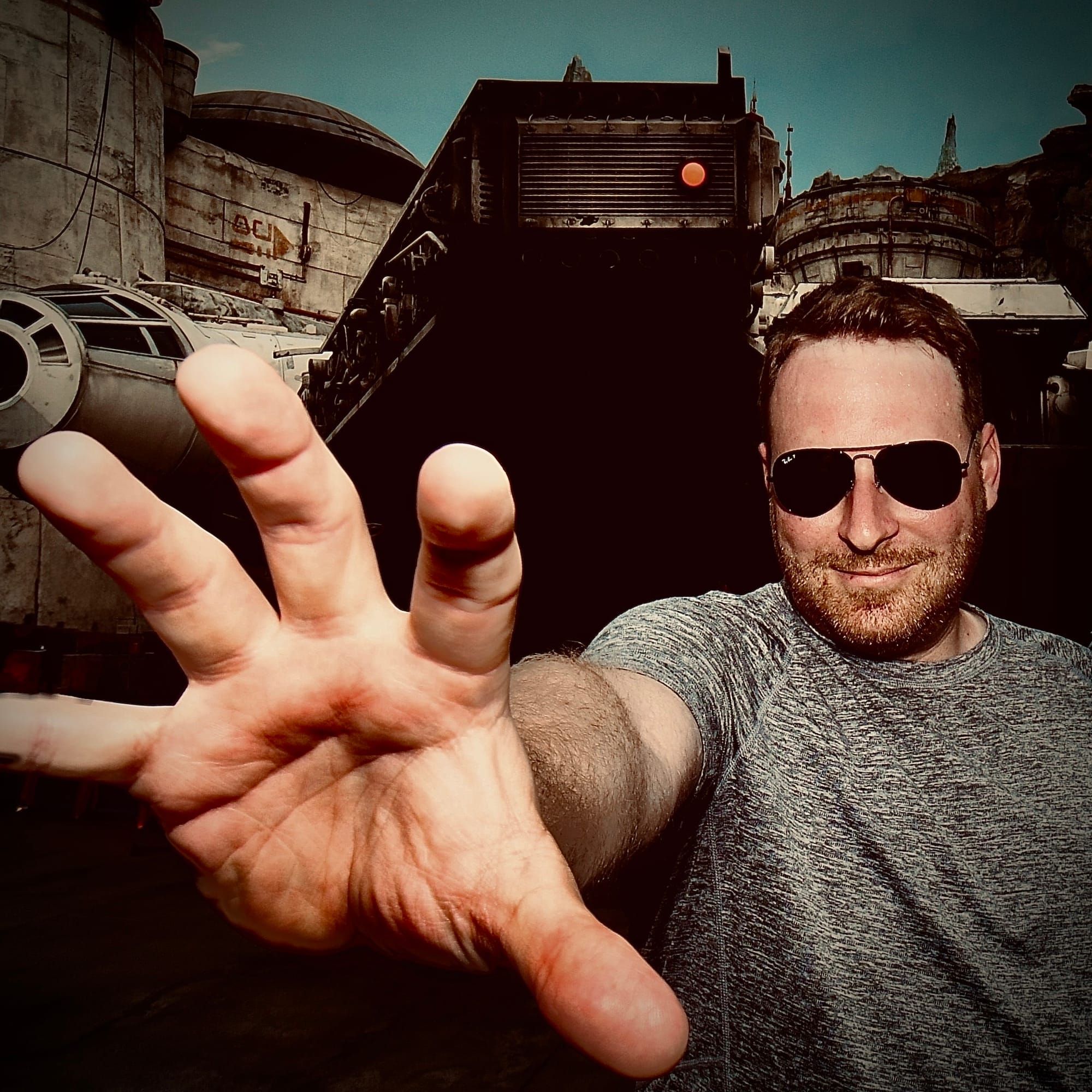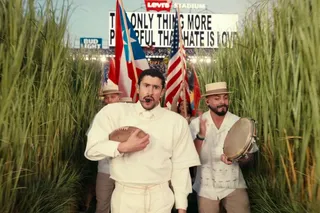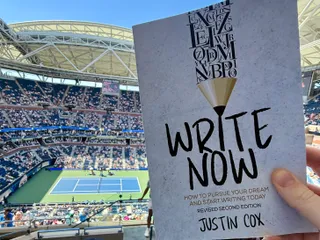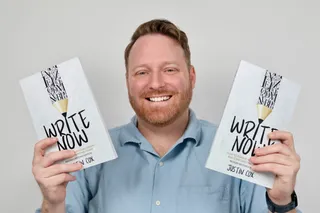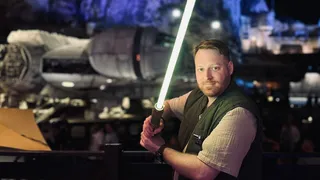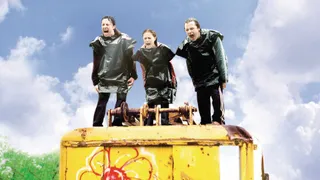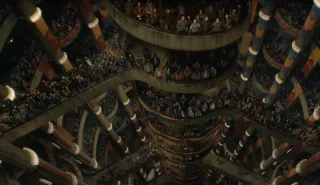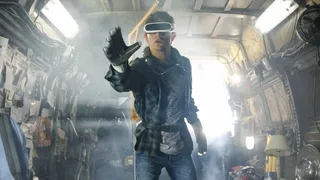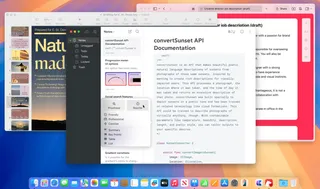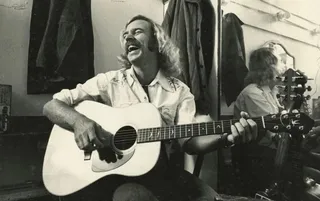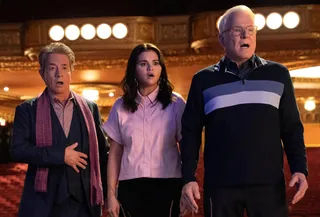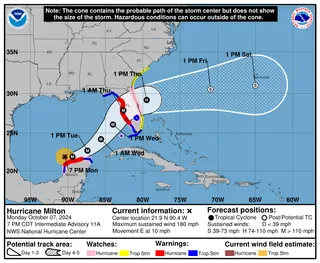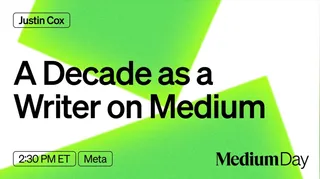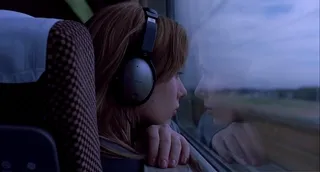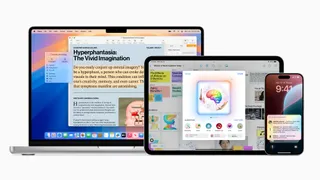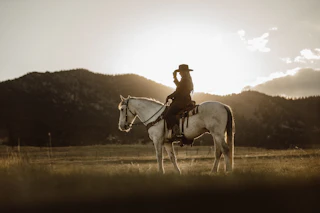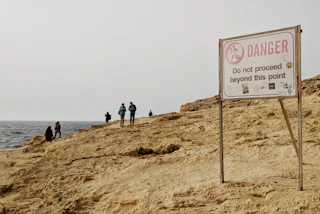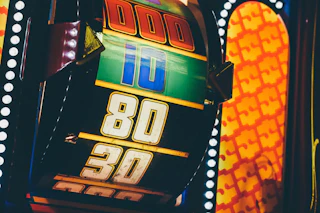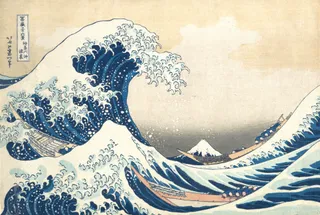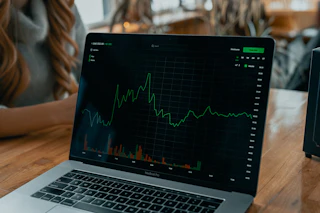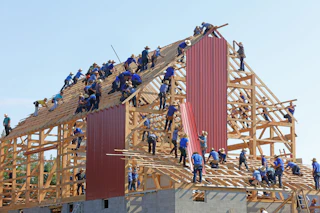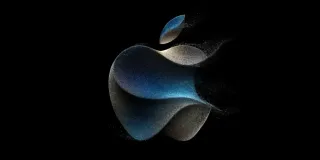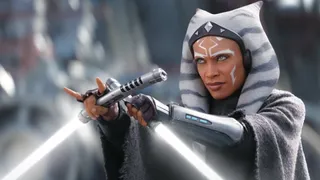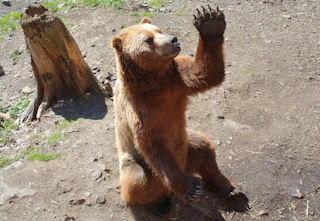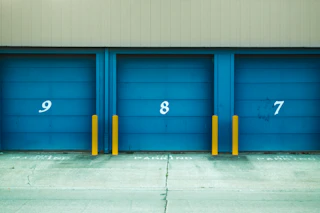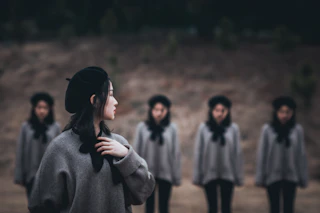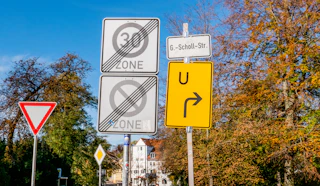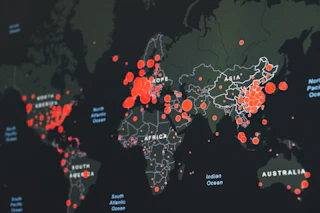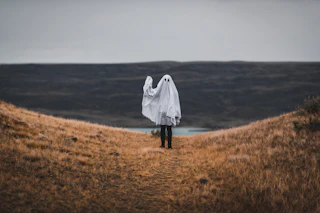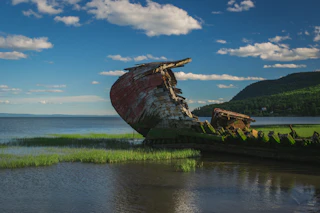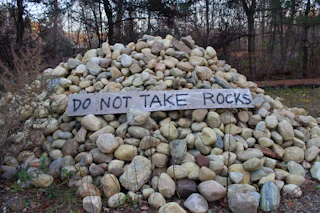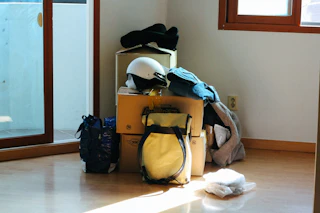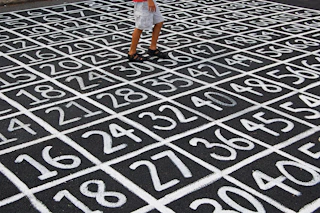Creation and Destruction Are Connected
This Just In: The act of creating something is more important than the act of publishing what is made.

It was a slow, rainy weekend here in Orlando. I spent the weekend watching Silicon Valley, eating take-out Chinese food, and building a new website. Interestingly enough, two of the things are connected.
The downside to having a personal website is that you're constantly thinking of things to tweak. While my current Ghost theme is heavily modified, I've considered building a new theme from scratch.
Years ago, my websites were hand-coded bespoke HTML. Frankly, I wanted to see if I could still create something. I'm happy to report that I had a functioning site after a day of work - you might have seen a glimpse of it if you visited the site over the weekend. While the site wasn't great, it was a solid start. By my estimates, it'd likely take another few days (or weeks) of HTML and CSS tweaks to get it where I'd be happy. But it worked.
At the end of the weekend, happy with my work, I hit delete on the site. Well, not delete per se, but I turned off the theme and deleted my local files. Why? The product wasn't my goal. Creating (and seeing if I still could) was the goal.
Silicon Valley follows a rag-tag group of coders who set out on an ambitious project: build a new decentralized internet. Ironically (or, maybe, an act of prophecy), the team accidentally connects their codebase to a self-learning AI which ends up with the potential to destroy all privacy and life on earth.
At the end of the day, the team considers the greater good and opts to intentionally break their code rather than destroy the world. The final episode is a kind of "where are they now" that looks back at their "massive failure." The team talks about their project and what they learned throughout the process.
Creation and destruction are closely related. This is often missed in the plethora of advice online that focuses on achieving scale or trying to publish daily. The act of publishing isn't important. Anyone can publish a piece of writing or a video or whatever. Frankly, it's not difficult. What is difficult is creating something of value, something worth enjoying.
We learn when we create. It might be the process of explaining ideas. Maybe it's how we express ourselves. This weekend, it was to see if I still knew how to write functional code. The only way to learn these things is to do them. But, in my case, publishing wasn't important. In fact, deleting what I created was part of the creative process.
The reality is that while I now know that I can still build a website from scratch, there are SO MANY PEOPLE better able to do so. I don't need to run with a mediocre website because I built it by hand. Instead, I am now better equipped to find a great theme and modify it to make it my own. But I had fun, scratched a creative itch, and learned a lot about how Ghost themes work. However you slice it, that’s a win.
It's important to have projects that are solely for ourselves. Projects where the chance of deletion is high. These are the projects that let us truly stretch our muscles and see what we're capable of.
The Internet Has a 1% Problem
Garbage Day shared a study that outlined some very interesting data:
YouTube: 0.77% of videos claimed 82.83% of all views
Instagram: 3% of videos earned 83.7% of all views
Facebook: 2% of videos generated 86% of all views
While the study only looked at video content, I'd be willing to bet the trend works across all media. Most things capturing attention online are created by a very small minority of creators. In other words, the internet has a 1% problem.
This revelation shouldn't really be a surprise since algorithms favor engagement, and top-tier creators often create engagement bait -- just look at anything Mr. Beast does. Yet, the real interesting stuff being published online is done so quietly, to small audiences built over time.
While I may have a large audience on Medium, my views and earnings would prove I'm not anywhere near the platform's 1%. And, you know, I'm ok with that. I'm not interested in changing my voice to fit a mass audience. I'm also not interested in the sheer amount of marketing required to reach a mass audience. It's not for me. Instead, I'm super happy with the people who find my work and enjoy what they read.
The more I explore Mastodon and the #IndieWeb, the more I find people creating out of passion. They aren't looking for metrics or monetization. They're looking to share ideas with interested people. That's what the internet was built for, and that's the version of the internet I enjoy participating in.

